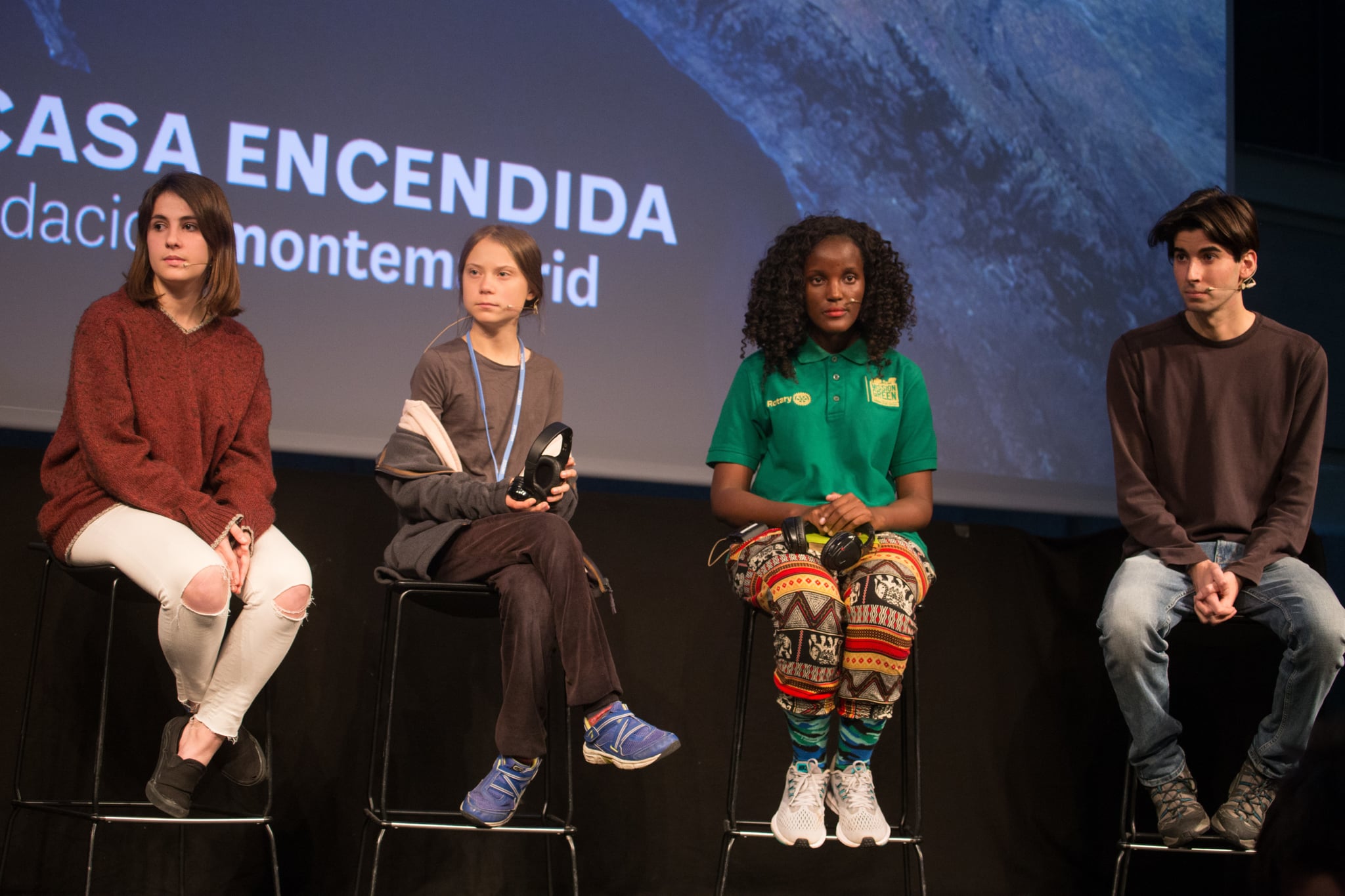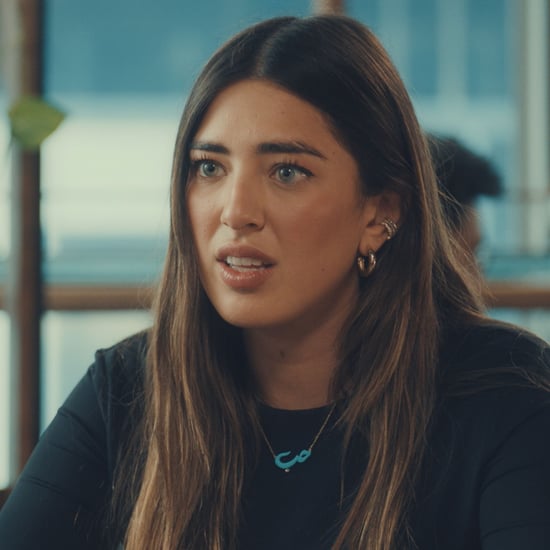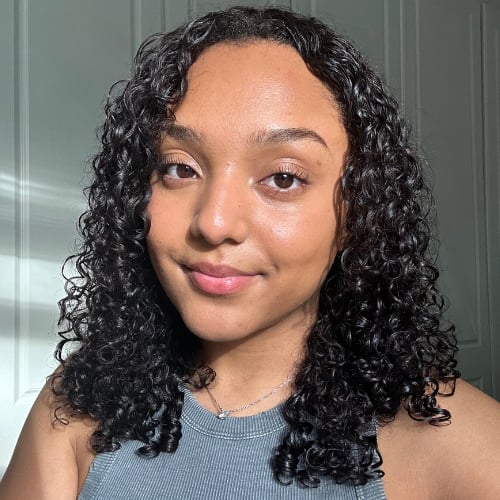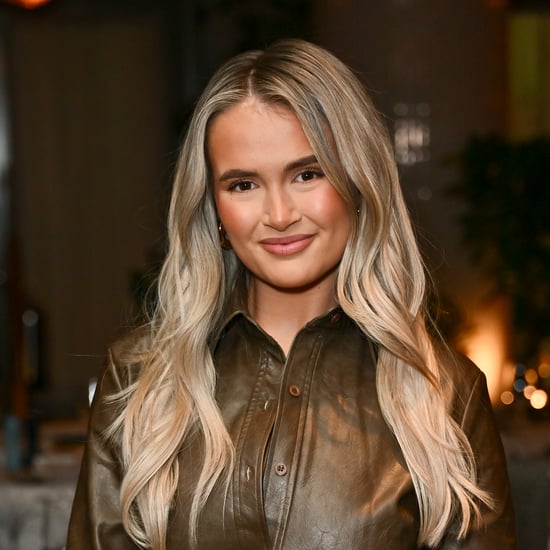The Climate Conversation and the White Saviour Complex
Greta Thunberg, David Attenborough, and Environmentalism's White Saviour Problem

Many of us are familiar with Greta Thunberg's name, which has become synonymous with the climate conversation. Similarly to Sir David Attenborough, she is inheriting a privileged position in environmental activism. And while Thunberg is doing incredible work, the names of equally impactful young activists like Vanessa Nakate, Xiye Bastida, and Autumn Peltier are less likely to be recognised — and the reason for this is not by accident, but by design.
At the beginning of 2020, among the intense news headlines that came in like a conveyor belt, one story showed that not even activism was safe from the sweeping demand for transparency. A photo of Ugandan activist Vanessa Nakate sparked an international conversation about diversity within environmentalism, after she was cropped out of an image with fellow change makers Greta Thunberg, Luisa Neubauer, Isabelle Axelsson, and Loukina Tille.
"The current conversation around the environment leaves out how colonialism and capitalism encourage toxic relationships between people and the planet."
"Why did you remove me from the photo?" Nakate asked The Associated Press on Twitter. "I was part of the group!" The original photo, taken by Markus Schreiber for The Associated Press, features the five young activists standing alongside each other with Nakate, the only person of colour, standing to the far left of the group. Nakate was cropped out of the final image that made it to press, which showed an all-white group of prominent climate activists.
"When I saw the photo, I only saw part of my jacket. I was not on the list of participants," Nakate told The Guardian after the photo went viral. "None of my comments from the press conference were included. It was like I wasn't even there." The Associated Press responded to the cropped image, explaining that the edit was done "purely on composition grounds," but social media users called out the structural racism that resulted in the decision.
Climate change is not separate from the other crises we are facing. The current conversation around the environment leaves out how colonialism and capitalism encourage toxic relationships between people and the planet. Issues of diversity, equity, and inclusion are a part of the climate conversation, and realising this fact is essential to the solution.
International climate movement Fridays For Future recently launched a campaign that asks Sir David Attenborough to #PassTheMic, and share his platform with some of the world's most affected people and areas (MAPA). The campaign is in response to the natural historian closing his most public social platform, his Instagram account, with a reach of over 6 million eco-conscious users. Youth activists from the Philippines, Namibia, India, Colombia, Canada, and the UK have connected through Fridays For Future to encourage Attenborough to amplify marginalised voices on social media instead of going silent.
"In the same way the health of the planet is dependent on biodiversity, the health of humanity is dependent on diversity, especially in areas of power and political decision."
POPSUGAR spoke to Fridays For Future to better understand how diversity and biodiversity are connected issues. The movement explained that "in the same way the health of the planet is dependent on biodiversity, the health of humanity is dependent on diversity, especially in areas of power and political decision. The loss of biodiversity will have, and is having, disproportionate impacts across humanity, making it essential to make a seat at the table for those most affected (MAPA). Only by making the environmentalism movement more inclusive and diverse can we truly understand how best to tackle the issues we face."
Fridays For Future wants to improve awareness around the intersectionality of the climate issue, which is an important perspective to have when looking for effective solutions. "For example, Indigenous peoples manage or hold tenure over 25% of the world's land surface and support over 80% of global biodiversity," said FFF. "Ignoring indigenous peoples and the knowledge they have of our ecosystems risks large swathes of global diversity, and yet historically that is what has happened."
Capitalism contributes to the climate crisis by putting profits over people and the planet, which normalises inequality in the process. Capitalism is motivated by a greedy, extractivist mindset, which has been imposed by rich Northern nations onto the rest of the world for the past five centuries, through violent means of colonialism, structural adjustment plans, and free trade treaties. Through the #PassTheMicDavidAttenborough campaign, organisations like Fridays For Future are challenging the "white saviour" complex that is damaging to environmentalism — an idea that has been tied to the seizing and saving of lands since colonialism.
"The issue with placing people on a pedestal in the fight for global climate and social justice is that it can be easy for people to believe that this experience is the only experience," said Fridays For Future to POPSUGAR. "Sir David Attenborough has inspired so many environmentalists worldwide, but his narrative has historically excluded the voices of those actually experiencing the front lines of climate change. In the same way that a single star player can hinder the team's performance, so too can an idolised leader slow the change that truly needs to occur to reach our end goal of climate and social justice globally. We are immensely grateful for the impact Sir David has had and all the people he has introduced to the climate movement over his 68 years of work. We hope that he will now Pass the Mic to those who understand firsthand what this movement really needs. We hope this will be part of his legacy — the passing of power to those who can do the most with it."
Comments on behalf of Fridays For Future were provided by Mitzi Jonelle Tan (Youth Advocates For Climate Action Philippines), Ina-Maria Shikongo (Friday's For Future Windhoek, Namibia), Ayshka Najib (FFF Digital), Flora Beverley (UK), Sofía Gutiérrez (FFF Colombia), Disha A Ravi (FFF India), Chelsea Webster (Canada), and Helena Bennett (UK). For more information about Fridays For Future and how to amplify the voices of those most affected by the climate crisis, take action at the Fridays For Future website or #PassTheMicDavidAttenborough.






